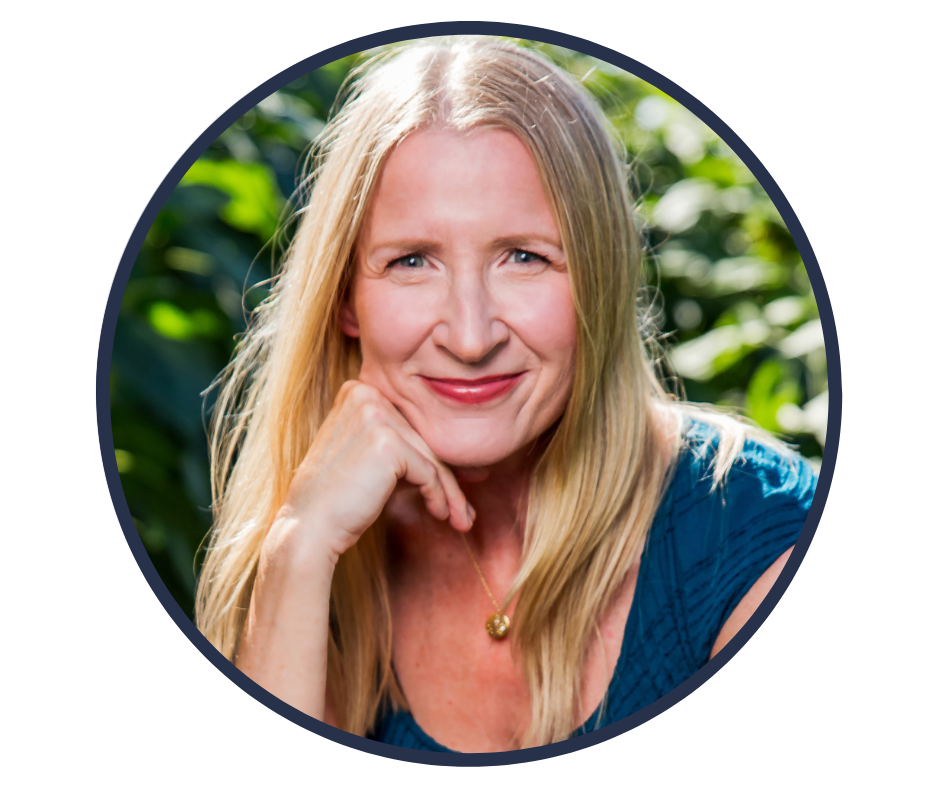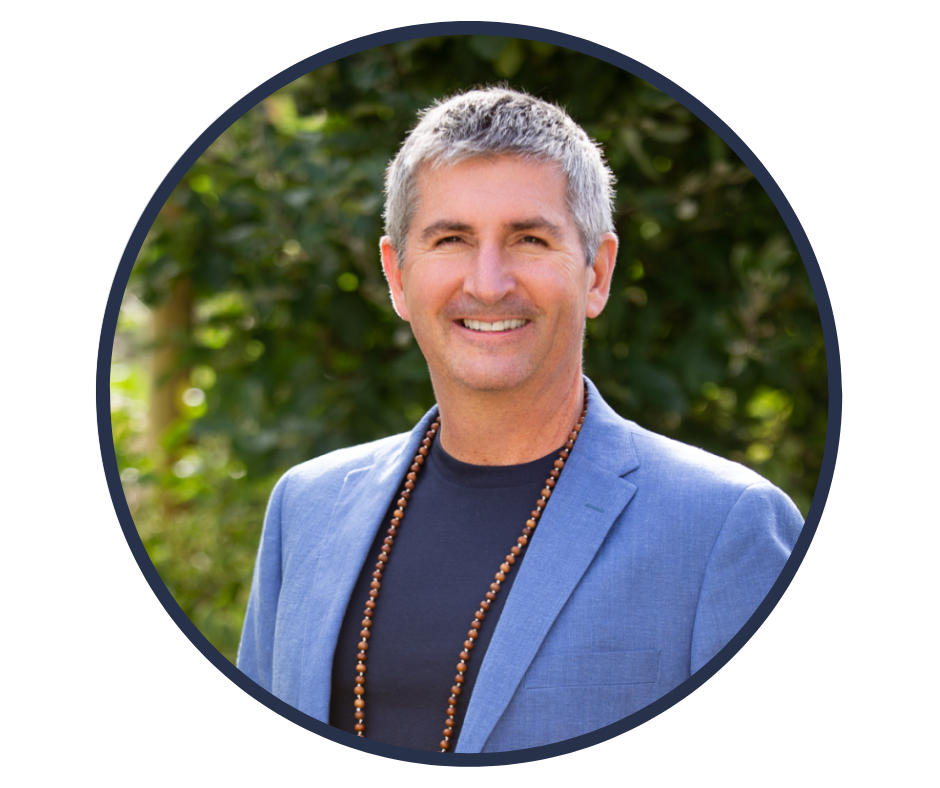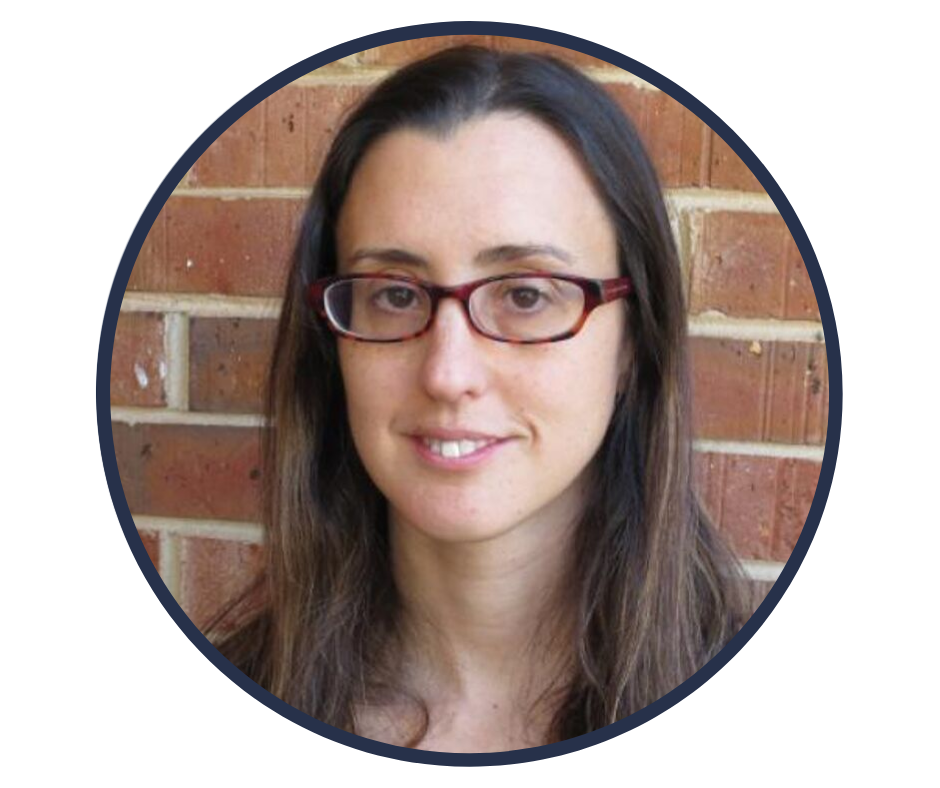Awareness, Bhavana and Pratyahara

Awareness, Bhavana and Pratyahara
This course includes
The instructors
Overview
Body awareness is a multidimensional mind-body construct that involves proprioception, interoception, and exteroception and is influenced by thought processes including beliefs, memories, attitudes, affect, past experience, evaluation, and attention.
Maladaptive body awareness is correlated with increased physical and emotional pain whereas cultivating non-judgmental, non-evaluative body awareness is associated with reduced pain and suffering.
This online course will explore both modern medical and yogic perspectives of how subtle body yoga practices can be used to cultivate adaptive body awareness and modulate pain (or modulate the pain experience).
Join Neil Pearson, Shelly Prosko, Marlysa Sullivan, and Lori Rubenstein Fazzio for Yoga and Science in Pain Care Chapter 9: Body Awareness, Bhavana and Pratyahara.
Learning objectives
In this online course, we will:
- Explain the difference between maladaptive body awareness and adaptive body awareness and how this relates to persistent pain.
- Understand how cultivating awareness of the subtle body through the senses can support people in pain.
- Learn how the practice of pratyahara as described in Patanjali’s Yoga Sutras correlates with modern research and how this can support people in pain.
- Be able to guide clients through a novel visualization practice for cultivating awareness and supporting people in pain.
What you will learn can be effectively applied via virtual and in-person consults.
Audience
This course and the entire Yoga and Science in Pain Care series is intended for:
- Practitioners including yoga therapists and healthcare practitioners interested in integrating yoga with their persistent pain population to expand their approaches in clinical practice
- Yoga teachers interested in understanding aspects of the science behind yoga and pain
- Medical/healthcare professionals who want to better understand pain or want to integrate yoga and mind/body practices
- Mind/body contemplative practitioners/researchers/clinicians who want to better understand the science around pain and how yoga as a mind/body practice works with people in pain
- Yoga practitioners or integrative health consumers who want an in-depth read with practical knowledge in this field.
- Yoga therapist programs and medical university/college programs that require online course study in pain care
- Schools that have online mind/body programs as stand-alone modules or as part of medical programs and other mind-body institutions.
- People suffering from pain, particularly those keen about learning some practices to help with pain self-care and who want to learn more about the value of integrating pain science and yoga
We also hope that this series will help bring together yoga therapists and health professionals. There is value in blending science and yoga therapy in pain care – for the person in pain, for the health professional, and for the yoga professional.
The instructors

PT, C-IAYT, PCAYT
Shelly has been helping people recover and flourish since 1998 as a physiotherapist, yoga therapist, educator, author and pioneer of PhysioYoga, blending evidence-informed body-mind-breath-spirit-heart centered practices and principles, such as yoga, into physiotherapy with a focus on chronic pain, pelvic health, compassion in healthcare and professional burnout. She is on faculty at several therapy programs, presents at medical conferences globally, contributes to academic research and writing, provides classes, courses and resources for the general population, and offers continuing education courses and mentorship for professionals.
She considers herself a lifelong student and emphasizes the immense value gained from clinical experience and learning from those she serves, the professionals she teaches, and the colleagues with which she collaborates.
Shelly is the co-editor/author of the book Yoga and Science in Pain Care: Treating the Person in Pain and has authored numerous book chapters in a variety of rehabilitation textbooks.
She maintains a clinical practice in Sylvan Lake, Alberta and believes compassion (including self-compassion), meaningful connections, spending time in nature and sharing joy are powerful contributors to rehab and well-being.
Visit www.PhysioYoga.ca to learn more.

PT, MSc(RHBS), BA-BPHE, C-IAYT, ERYT500
Neil is a physical therapist, yoga therapist, author, researcher, Clinical Associate Professor at the University of British Columbia, faculty in three IAYT-accredited yoga therapy programs, board member for the International Association of Yoga Therapists and pain care advocate. He conducts research into the effects of yoga on veterans with chronic pain and people with osteoarthritis. Neil is the recipient of awards honouring his work in pain care, patient education and physiotherapy by Queen’s University, the Canadian Pain Society and both provincial and national physiotherapy associations, including the Canadian 2021 Medal of Distinction.
Neil is a consultant to Partners in Canadian Veterans Rehabilitation Services, and to Lifemark’s 300+ clinics in Canada. Neil is a past board member for Pain BC, Canada’s premier non-profit transforming the way pain is understood and treated. He co-authored – Yoga and Science in Pain Care 2019, authored the patient education ebook, Understand Pain Live Well Again in 2008, and is lead contributor to many free patient resources offer by Pain BC.
For more information and course offerings, see www.paincareaware.com

MPT, C-IAYT
Marlysa is a physiotherapist and yoga therapist with over 15 years of experience working with people suffering with chronic pain conditions. She is an Assistant Professor in Yoga Therapy and Integrative Health Sciences at Maryland University of Integrative Health and holds an adjunct position at Emory University, where she teaches the integration of yoga and mindfulness into physical therapy practice in the DPT program. She is also the author of Understanding Yoga Therapy: Applied Philosophy and Science for Well-being and co-editor of Yoga and Science in Pain Care: Treating the Person in Pain as well as several peer-reviewed articles.
Marlysa has been involved in the professionalization of the field of yoga therapy through the educational standards committee of IAYT, which helped to define the competencies for the field, and in characterizing the yoga therapy workforce through research. Her research interests focus on defining the framework and explanatory model for yoga therapy based on philosophical and neurophysiological perspectives.

PT, DPT, MAppSc, C-IAYT
Yogachemmal Dr. Lori Rubenstein is a Clinical Professor of Yoga and Health at Loyola Marymount University(LMU) in Los Angeles where she teaches in the Yoga Studies Master of Arts and Post Graduate Certificate in Yoga Therapy programs and is the Clinical Director of Yoga Therapy Rx at LMU where she designed and implemented the first Yoga Therapy internship within an integrative medical clinic. She began her practice of Yoga over 25 years ago as a “spiritual seeker” and soon recognized the health benefits of these practices. A practicing physical therapist, yoga therapist, and meditation teacher, she is a lifelong student and practitioner of Yoga and compassionate care. She took her first Yoga teacher training in 2000 with Matthew Taylor and has since studied with many teachers including Larry Payne, Srivasta Ramaswami, Swami Veda and Richard Miller.
She leads an annual Yoga Therapy Journey to India for study at Kaivalyadhama and the Center for Yoga Therapy Education and Research with Dr. Ananda Bhavanani. Integrating her studies of Yoga, neuroscience, Somatic Experiencing and shamanic medicine, she developed a novel approach to pain care which proved to be effective in a pilot study she conducted with Dr. Ellen Langer at Harvard University. She contributed a chapter, “Body Awareness, Bhavana and Pratyahara” to Yoga and Science in Pain Care and is often highlighted in Yoga Therapy publications and news articles across the world. A frequent presenter at conferences, her research interests include neuroplasticity and the effects of awareness and subtle body practices on health, well-being and transformation. www.mosaicpt.com
Material included in this course
-
Yoga and Science in Pain Care Chapter 9: Body Awareness, Bhavana and Pratyahara
-
Introduction
-
Pratyahara and Body Awareness
-
Background
-
Sensory Memory Case Study
-
Case Studies
-
Practical
-
Response to Practical
-
Questions
-
Conclusion
-
Feedback
Is this course part of a series of courses?
Yes, this individual course is part of a larger series: The Yoga and Science in Pain Care Book Club Series. You can choose to register for this individual session or you can register for the entire series at a discount. Click here to learn more and register for the entire Yoga and Science in Pain Care Book Club Series.
Is a certificate of completion included with this course?
Once you have completed the course, a certificate of completion (including learning hours and course information) will be generated. You can download this certificate at any time. To learn more about course certificates on Embodia please visit this guide.
This can be used for continuing education credits, depending on your professional college or association. If this course has been approved for CEUs in specific jurisdictions, it will be noted on the course page and CEU information may be added to your course certificate. Please read this guide for more information.
Is the Course Eligible For CEU's?
The answer is dependent on your profession and geographic location of practice.
For Canadian Physiotherapists, this course counts towards your learning hours and professional portfolio.
For Physical Therapists in the U.S., you can find all Licensing Authorities Contact Information by going here. Many states accept an individual's application for CEUs by submitting the course syllabus, instructor information, receipt showing payment, and course certificate.
For other professions and jurisdictions, please submit the course description, learning objectives, and instructor bios we have provided to your professional body to review.